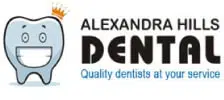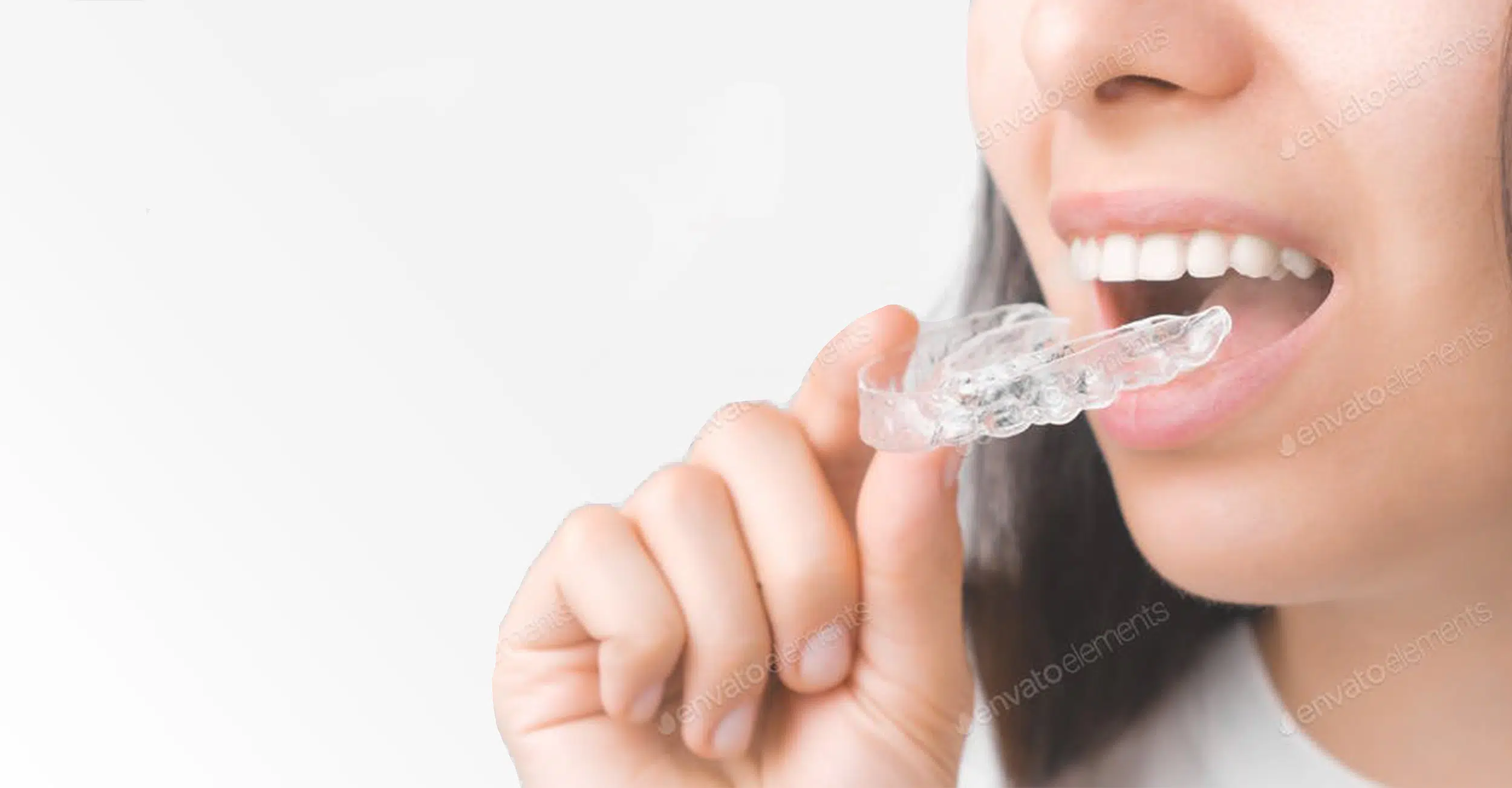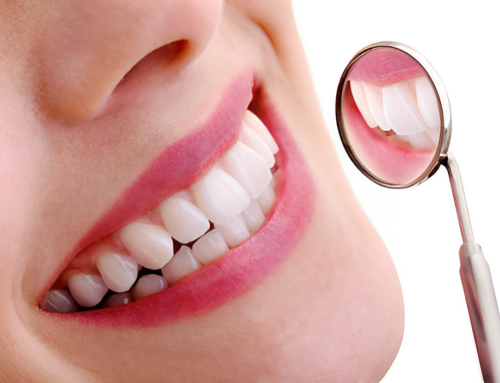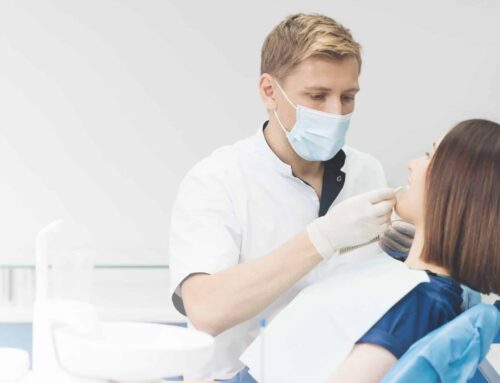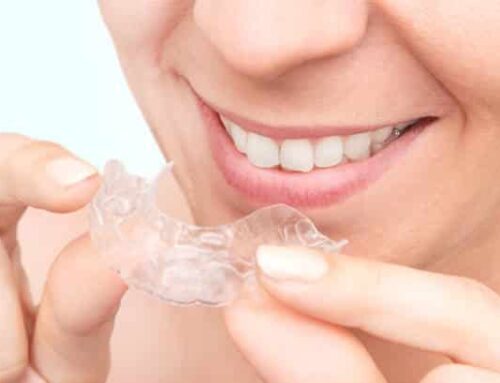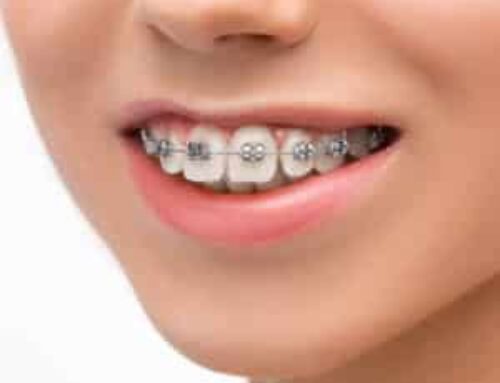1. Introduction to orthodontics
We find that many of our patients benefit from an introduction to orthodontics. Orthodontic treatments are designed to straighten your teeth and/or correct your bite. It is important to note that orthodontics is not just cosmetic dentistry. Crooked or misaligned teeth and a misaligned jaw are linked to a range of complications that affect far more than your mouth.
2. What are the benefits of orthodontics?
Misaligned teeth and a bad bite, if left untreated, can cause complications such as:
- uneven wear and cracks in your teeth
- discomfort and other challenges when you are biting or chewing food
- speech impediments
- gum damage
- headaches
- jaw strain
- temporomandibular joint disorder
- difficulty cleaning your teeth thoroughly, leading to poor oral hygiene and increased tooth decay
Simply put, correcting the alignment of your teeth and jaw can help rectify these issues, give you a comfortable bite, and provide you with a beautiful straight smile!
3. How does orthodontics work?
An introduction to orthodontics would be incomplete without explaining how exactly orthodontics work.
For most patients, orthodontic treatment includes braces and/or clear aligners. In the case of severe malocclusions (a bad bite), we might need to perform surgery to attain the best possible result.
The best option is to make a consultation. After a thorough examination and diagnosis, we will design the treatment plan that is best suited for your specific case. We tailor our orthodontic treatments to best suit each individual patient so that we can provide the best possible results for all our patients.
4. Who can benefit from orthodontics?
It is recommended that everyone see an orthodontist. Even if you are not aware of a dental problem, you should book a consultation with a reputable orthodontist for a thorough check-up. All children between the ages of 7 and 9 should be assessed by a qualified orthodontist or a specialised dentist.
Dr Webert Chen at Alexandra Hills Dental is able to provide his patients with trustworthy orthodontic treatments. This means that he will check the alignment of your teeth during every routine dental check-up.
When it comes to pediatric patients, he will provide options to prevent possible further complications at different stages of growth. The best age for an introduction to orthodontics is around 12 years old. Essentially, the best time is once all the baby teeth have fallen out and been replaced by adult teeth. Adolescent jawbones are still growing and, therefore, tend to be softer and easier to manipulate. This means that treatment tends to be quicker in this age group. However, orthodontics can be successful at any age.
In the case of adult patients, it is never too late to enjoy a comfortable bite and a beautiful, straight smile. In fact, more and more adults are opting to have orthodontic treatment.
5. FAQs about orthodontics
Will my teeth move after braces?
Our teeth actually move all the time. They are held together by some little ligaments/fibers. Every day from our chewing, external pressure, our teeth can move. The only way to guarantee that they do not move is to have retainers.
Wearing them 2-3 times a week will ensure your teeth won’t move anymore. Even with people who have not had braces before, once they pass a certain age, they will start to notice that the teeth start to bunch up – which is called crowding.
Will my teeth straighten out naturally?
Unfortunately, no. As we get older, our body starts losing elastin, which is why we start getting wrinkles. When it happens in our mouth, our teeth start rotating, so it tends to get worse as we age
6. Conclusion: Is orthodontics right for you?
You need to take away one important fact from this introduction to orthodontics: everyone needs to book an orthodontic consultation. It is only after a professional check-up that we will be able to provide professional and accurate advice. Regardless of your age, you might be in need of orthodontic treatment and be unaware of it. The sooner we are able to diagnose any orthodontic problems, the sooner you will be able to commence treatment, enjoy a beautiful smile, and prevent future complications.
